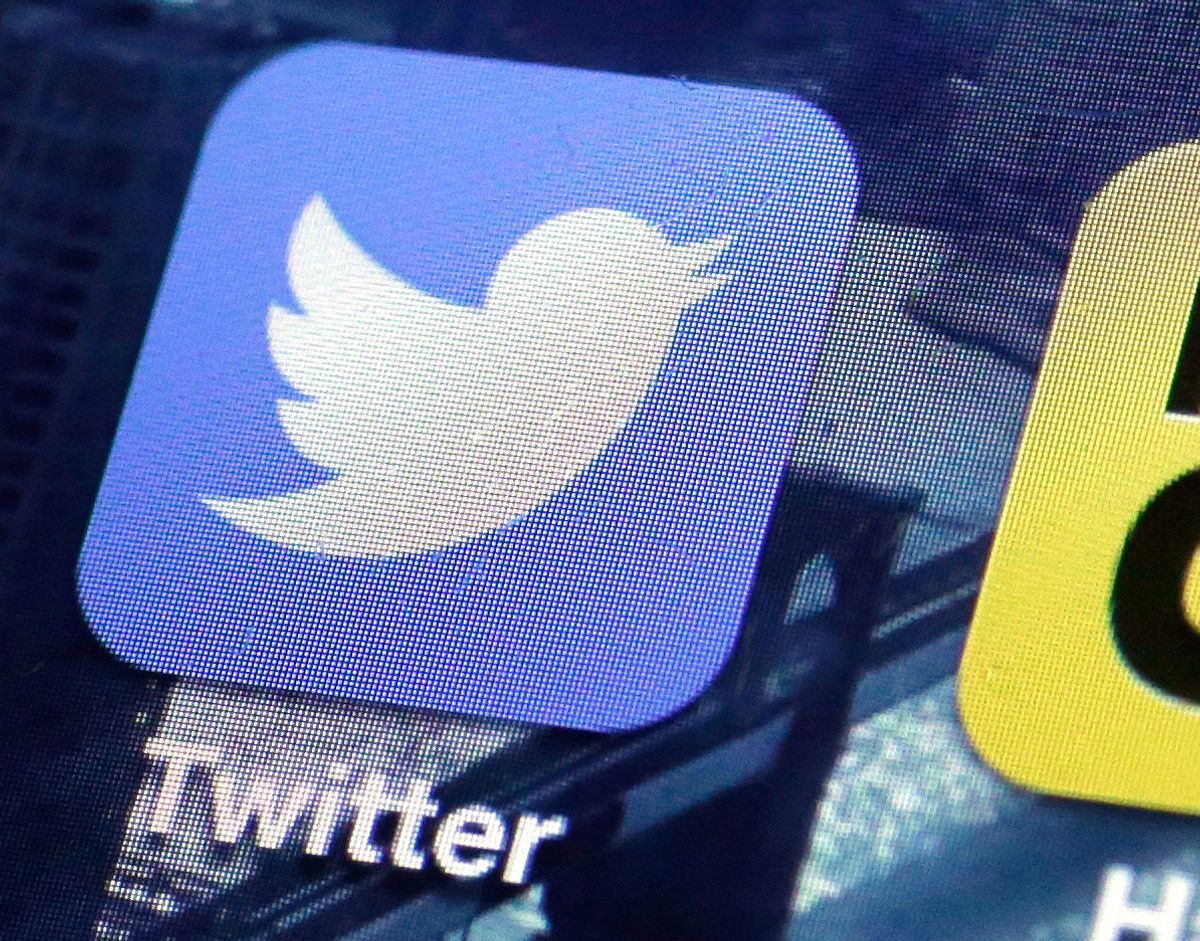Twitter has acknowledged that it has a harassment problem. Its executives have expressed a desire to reduce the inordinate amount of (chronicled) abuse the platform hosts, a disproportionate amount of which is targeted at women and members of marginalized communities. So, naturally, the social media site has decided to move forward in its battle against trolling by introducing a feature that is pretty much guaranteed to increase harassment and abuse. Make sense.
On Monday, Twitter announced an update to its direct messaging feature, which previously allowed users who follow one another to have private exchanges through the app. Now, users can decide to open up their direct messages to the public, and allow anyone -- whether the users follow one another or not -- to chat privately. Surely -- especially for Twitter users whose public mentions are already overflowing with vitriol, rape threats and death wishes -- the move will not increase harassment at all.
"We hope these changes help you connect more easily -- and directly -- on Twitter with the people, causes and businesses you care about most," Twitter announced in a blog post. "If you do receive a Direct Message from someone you don’t want to privately converse with, you can still take steps to stop them."
Initial responses to the announcement indicated confusion about the new feature being optional, with a number of Twitter users immediately criticizing the change as a quick way to make people feel even less welcome on the platform. An example:
Hey @Twitter! Can you just create a feature that gives my home address after I don't respond to DM'd rape threats!
— Lizz Winstead (@lizzwinstead) April 20, 2015
Optional or not, the direct message update will likely underscore the fact that Twitter is, for so many of its users, uninviting at best and violent and dangerous at worst. Would the platform track the gender breakdown of who opts into the new service, for instance, it wouldn't be surprising to discover a disparity -- all because of the sorts of harassment Twitter has already acknowledged, but still failed to meaningfully combat.

Shares